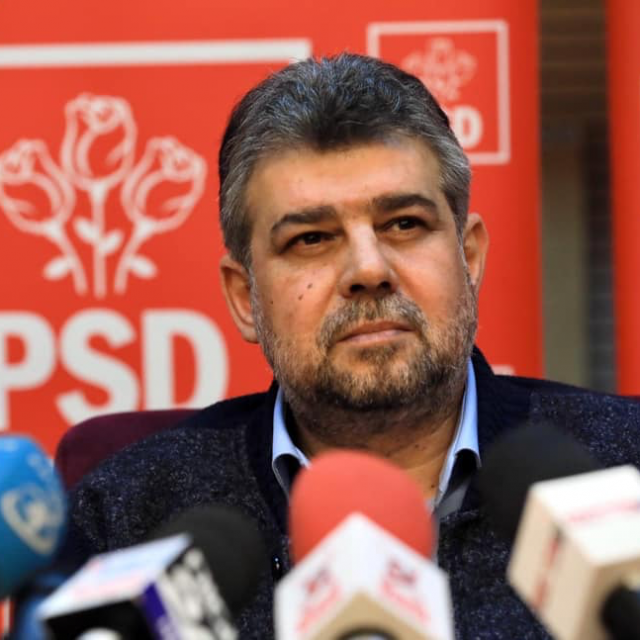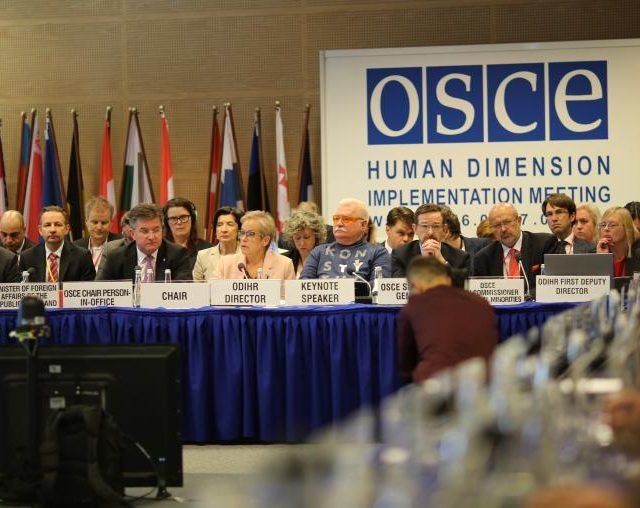Photo by Giuseppe Mondì on Unsplash
Regional politicians have gathered in Firenze for the summer meeting of the Conference of Peripheral Maritime Regions CPMR Political Bureau, hosted by Regione Toscana (Italy).
One year ahead of the European elections, regional leaders have reflected on their contributions to bring back prosperity to the continent in a context of recovery, and on how to put EU regions “at the heart of a sustainable and resilient future of Europe.”
In a complex geopolitical context, regional leaders from peripheral and maritime regions said they “stand for increased cooperation on all fronts” and agree on the importance of strengthening the European project.
Seizing the opportunity offered by the Conference on the Future of Europe, member regions of the CPMR are currently developing a manifesto under the motto ‘Territories Matter’ that will present its main recommendations and aspirations for a “sustainable and balanced future of Europe that places and regions at its core”.
The association celebrates 50 years of existence this year.
“The new European institutions will need to count on Regions and our territorial impact” said President Cees Loggen, Regional Minister of Noord-Holland Province.
“We jointly faced up the Covid pandemic with common strategies and financing mechanisms. It is now fundamental that we confront together important ongoing challenges such as the digital and green transitions, the integration of asylum seekers and refugees, the social, economic, and territorial cohesion of our continent”.
Developments across EU territories, Loggen said, indicate that territorial cohesion is one of the central socio-economic challenges the EU is facing, and key climate and energy needs require place-based solutions to achieve the EU’s objectives.
The imminent mid-term review of the MFF will manifest how the EU intends to address such challenges to face the future.
The CPMR calls for a prominent place for Cohesion as a policy with a strong record in supporting investments with proven territorial impacts. In a context of multiplication and overlapping of funds at European level stemming from recent crisis, members of the CPMR have adopted position urging on the simplification of Cohesion policy, whose excessive bureaucratic burden slows down and hinders the use of its funds, and particularly when it comes to tackling emergencies.
“As time passes, it becomes clearer that the future will require a reformed Cohesion Policy that is better adapted to the challenges the EU faces. There is a serious need to consolidate the EU programmes and to simplify Cohesion policy for it to remain the main investment policy of the EU” said Eugenio Giani, President of the Tuscany Region and CPMR Vice-President for Cohesion Policy.
“Only by embracing a proactive approach, working collaboratively, and offering well-founded proposals, we can shape the future of Cohesion policy in a manner that serves the best interests of our regions and the European Union as a whole” he added.




